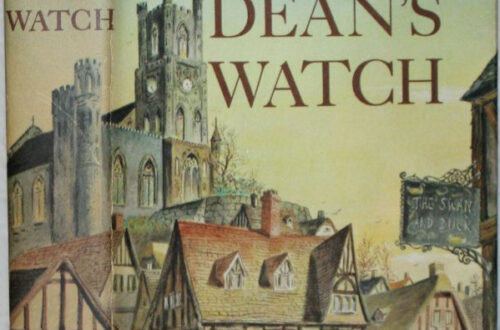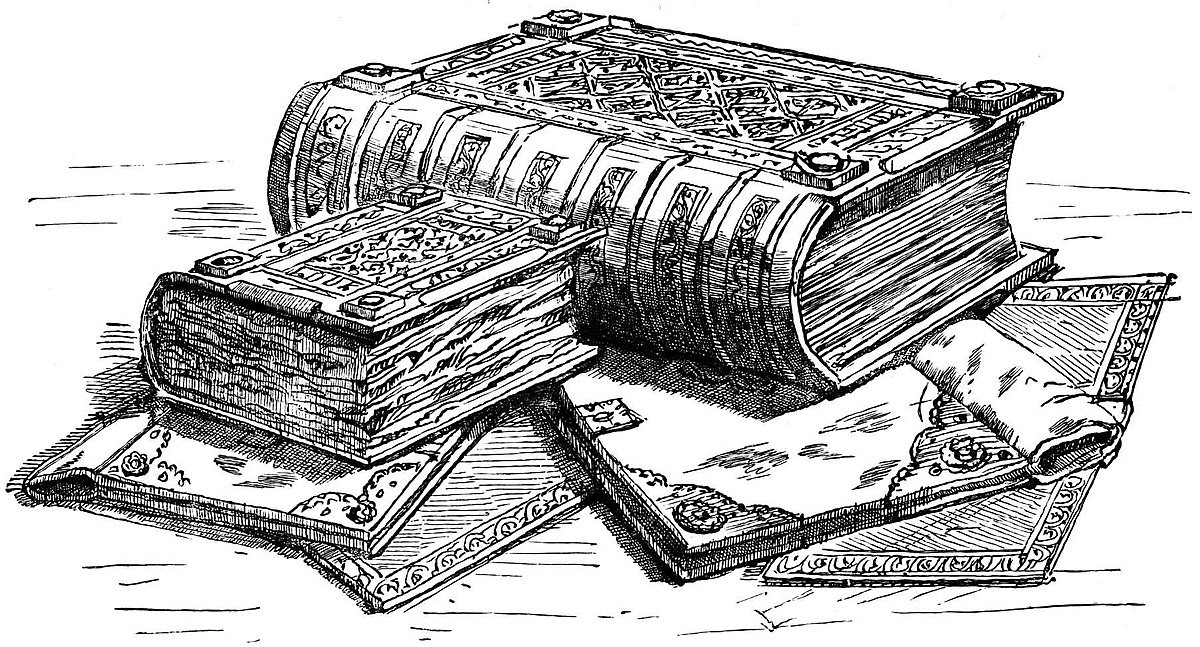Messenger
 After reading Gathering Blue, I decided to continue on to the third book in Lois Lowry’s 4-book series. There’s one more left after Messenger, which picks up the narrative from within the perspective of Matty.
After reading Gathering Blue, I decided to continue on to the third book in Lois Lowry’s 4-book series. There’s one more left after Messenger, which picks up the narrative from within the perspective of Matty.
Matty is a ragged but winning boy who helps Kira in several important ways in Gathering Blue. He runs away from the society depicted in that book, and in this book we find him older, cleaned up, speaking grammatically, and living in the more caring and idealized world of the healers.
But something is wrong. I’m just going to offer the plot summary over at Amazon, and then talk about a couple of things that struck me as I read the novel:
For the past six years, Matty has lived in Village and flourished under the guidance of Seer, a blind man, known for his special sight. Village was a place that welcomed newcomers, but something sinister has seeped into Village and the people have voted to close it to outsiders. Matty has been invaluable as a messenger. Now he must make one last journey through the treacherous forest with his only weapon, a power he unexpectedly discovers within himself.
Gradually as these stories unfold, it becomes apparent that there are lots of different human societies, and all of them seem to spotlight some aspect of human weakness or fallenness. The one in The Giver raised the question of which is better: safety with extreme control, or risk and freedom. Gathering Blue played with the ideas of control and manipulation again, but in a more primitive context where humans are stripped down to their most basic drives. Messenger examines what happens when trade enters into a fairly isolated community. It becomes possible for people to get what they want by trading things they have — even non-material things like inner qualities. Selfishness begins to contaminate the Village, and people lose contentment as they try to satisfy their desires for entertainment or acquisitiveness. It’s an interesting way to stimulate reflection on the free market or “the global economy,” isn’t it?
I found fascinating the way Lowry turns the forest into a malevolent character. Plants reach out to stab or coil around Matty and Kira as they make their way back to the Village. The stench of rotting vegetation chokes them, and sizzling sap drips from cut vines. It’s a picture of nature turning against people, growing sicker and more fallen as its human inhabitants become so. As a Christian it was impossible for me not to see in this an imaginative rendering of the creation depicted in Romans. In fact, the story could be read as an allegory of Christ’s saving work in the world. Without wanting to give away the (sad) ending, I couldn’t help but recognize that the solution in the story, and the thing that enabled Matty to deliver Kira safely to her waiting father in Village, was nothing short of a redemption of the whole fictional Creation.
Another element easy to relate to Christian theology is the idea of calling. Everyone in Village is given a “true name” as part of their coming of age, and this name reflects their unique gift to the community. Matty hopes to receive “Messenger” as his true name, but he ends up getting a different one. Those who are most mature in their giftings receive their inspiration mystically, and the things they create or discover are invariably true visions in ways that aren’t bound by time and space. Some outward force offers prophetic revelation through human vessels.
I’m pretty sure that Lowry did not purposefully write a “Christian allegory.” A quick internet search turns up this interview, in which Lowry (speaking about The Giver) explains,
I wasn’t conscious of adding any theological symbolism. If I had begun to think in literally Christian terms, I would have backed off of the project because I have no interest in writing “religious” books. Still, clearly, the theology is there, inherent in the story. Many Christian churches have taken The Giver up as part of their religion curriculum, and many Jewish people give it as a bar mitzvah gift.
At the same time, some fundamentalist leaders want it removed from everyone’s hands. I am still, I must be honest, mystified by the challenges from the very conservative churches. I think, on one level, the book can be read supporting conservative ideals—it challenges the tendencies in any society to allow an invasive government to legislate lives.
It makes me curious (for the umpteenth time) about the power of stories. Reading involves such a complex relationship between writer, book, and reader, involving so many layers of meaning and experience. I can only wonder in what terms I would understand The Messenger if I came to it with a different set of beliefs and values. No wonder these books are so popular. They are classified as Young Adult books, and they move quickly (I’ve liked that for the most part, as I was in a reading slump — though I am getting weary of the lack of description that probably makes such a pace possible!). But they raise lots of deep questions for both mind and heart.


